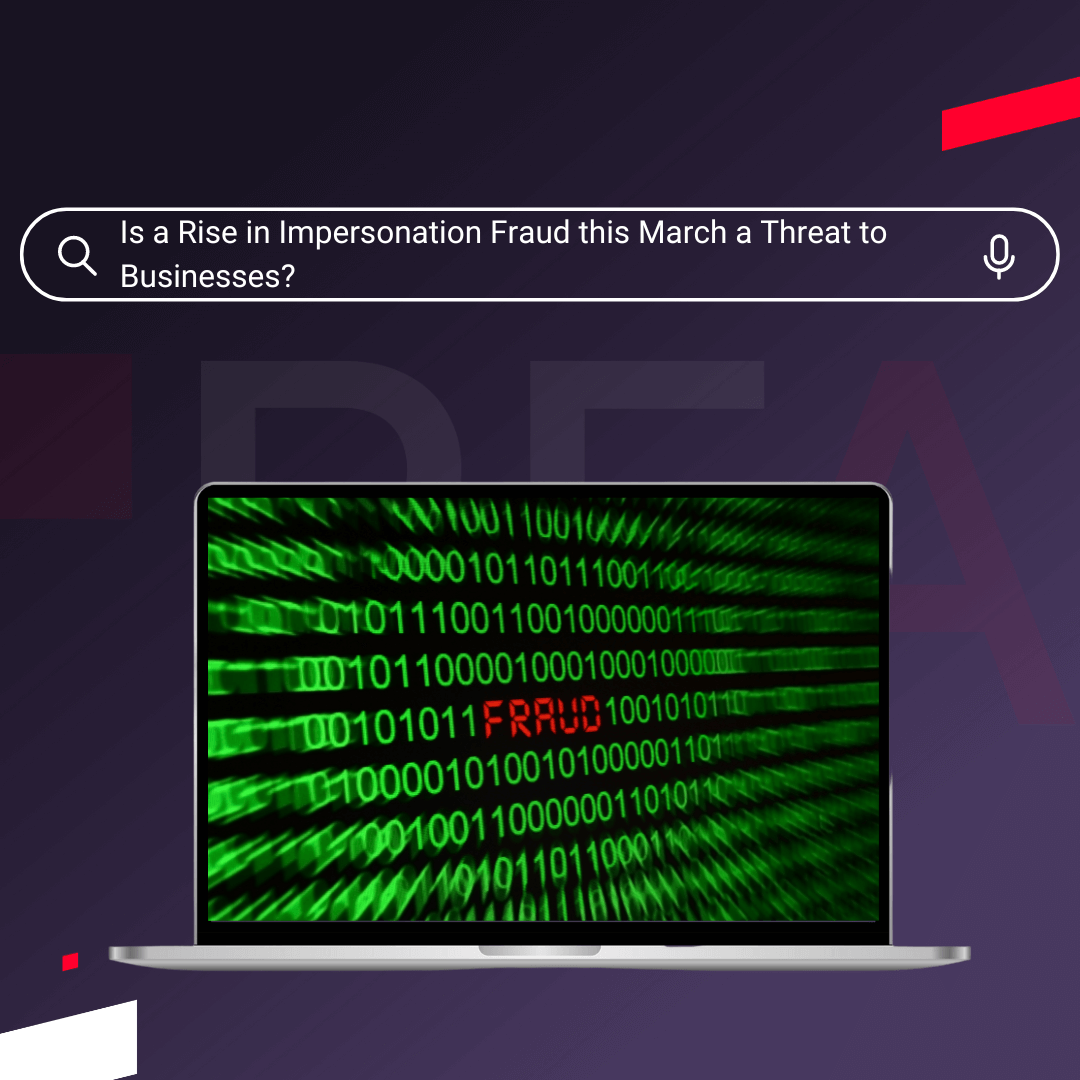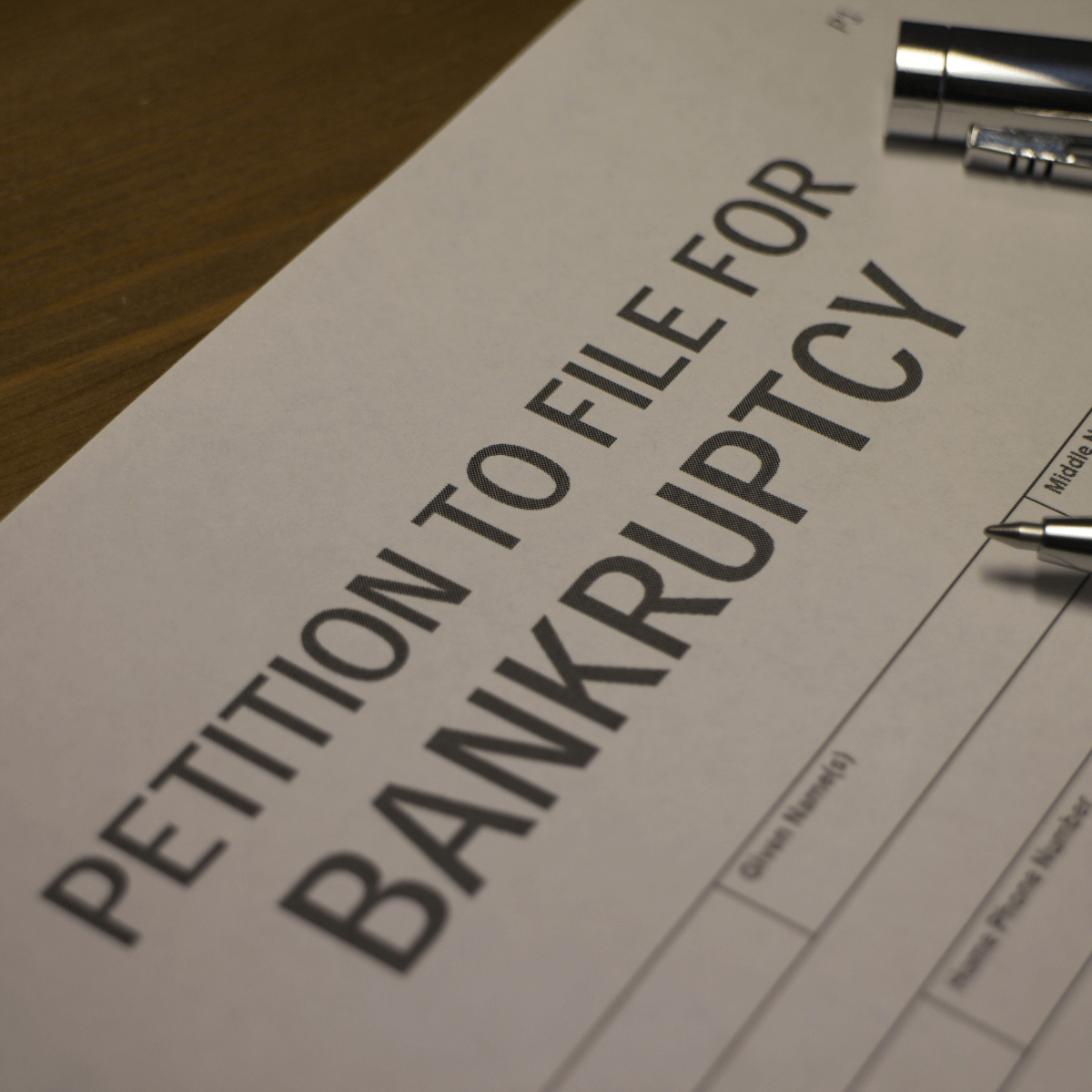A CCJ is a acknowledgement of a debt by the UK courts and that money should be paid. However, it is does not compel the debtor to pay back the money owed. CCJs are often the first step in more serious procedures and are viewed as one of the best indications of financial distress.
County court judgements are an invaluable tool in determining the creditworthiness and payment practices of a business. As such, any credit risk or financial due diligence process should consider a company’s history of CCJs.
Whilst most company directors will be aware of CCJs, and may have even submitted for or received one, few understand exactly what they are, what they mean, and their significance.
In this article we will cover what you need to know about CCJs.
What is a County Court Judgement (CCJ) ?
A CCJ is a legal acknowledgement by the UK courts of a debt that is past due and should be paid. It is important to note that it does not compel a debtor to pay the debt within any given timeframe.
As such, taking a CCJ out against a delinquent debtor does not guarantee that you will receive your money back.
Once issued a CCJ remains on the debtors record for a period of 6 years, unless it is paid in full within 30 days of its being issued. In this case it is expunged and no record of the judgement is allowed to kept, even on their credit report.
CCJs that remain on file also list whether the debt has since been satisfied or is still outstanding.
What does is mean if a company has a CCJ?
CCJs are seen as one of the most important indicators of financial distress at a company. This is because they speak directly of their ability to pay their debts.
A CCJ has many negative consequences for a company and given that these can be avoided if the debt is satisfied within 30 days their presence suggests that a company is unable to pay its debts and may be operating in an insolvent manner.
Towards the end of their lifespan it is common for insolvent companies to have multiple CCJs in a short space of time.
CCJs can also be an indicator of a company that has lax or poor payment processes and/or standards. This can be for a number of reasons:
- In the UK we are notoriously bad at repaying debts on time and some companies simply choose to wait until they absolutely must pay.
- Many small to mid-sized companies may not have dedicated accounts departments and without proper payment processes bills can easily be neglected or forgotten.
- Large companies that deal with very high numbers of suppliers will have huge amounts of invoices to pay. If there is any flaw in their repayment processes individual invoices can be lost track of.
Whilst creditors will likely get their money eventually from such companies, they will still need to expend effort and cost in chasing the debt, and their cashflow will be negatively impacted.
Whatever the reason for a company having a CCJ, it raises serious questions about their suitability to be your customer.
If you are worried about taking on clients who wont pay, learn more about our industry leading business credit reports.
What is the process for submitting a CCJ?
To submit a CCJ you must first suffer a late debt and have sent a letter of claim demanding payment. If payment is not forthcoming then a request for a CCJ can be submitted to the courts.
The courts then issue a letter to the debtor detailing the claim against them. They then have 14 days to respond to the claim and dispute it if they feel that the debt is not owed (such as if payment was being withheld for faulty goods).
After the 14 day period the courts will then consider the claim and usually rule in favour of the creditor.
Is it legally binding?
A CCJ is a legal and official acknowledgement of the debt, and usually rules it should be paid immediately. However, it does not legally compel the debtor to pay.
This means that they will face no legal punitive actions for not paying the debt from a CCJ itself. If the debtor continues to withhold payment then further debt recover or legal action can be taken against them; in which the outstanding CCJ will likely serve against them in any proceedings.
If you have issued a CCJ against a debtor and they do not pay then there is also the option to submit a winding up petition if you believe that they are insolvent.
What affect do they have on a company?
Whilst a CCJ may not cause any inherent changes within a company it will have an immediate impact on how others interact with it and its ability to conduct business.
The first effect is the reduction in their credit score. This will usually happen within 24 hours of issue and will also likely cause any loan, finance or credit applications to be rejected. Any subsequent application for credit will also be more difficult because of this.
Following this the businesses creditors will likely become much more vigilant about chasing payment on any outstanding debts. They may also find that suppliers become more hesitant to extend credit or offer less favourable payment terms.
It will also cause reputational damage as the assumption many have around CCJs is that they mean the company is close to insolvency.
Should a CCJ be satisfied within the 30 day grace period then the damage done to their credit score will be reversed and ay future credit checks will not be affected by it. The quicker it is repayed, the less time it is listed against the company which will reduce its ability to cause serious reputational damage.
What should I do if I receive a CCJ?
If you receive a CCJ against your company the best thing you can do is to pay within the first 30 day period.
If your company can genuinely not afford to pay the dent then you may be insolvent. In which case you are legally obligated to act in the best interest of your creditors, usually this meas talking to an insolvency practitioner.
Is it safe to do business with a company that has a CCJ?
A CCJ is a great indicator of trouble at a business but it to make a sound credit decision you need to consider a few variables.
Firstly, look at the age of the CCJ and whether it has been satisfied. If it is recent and has not been paid then it is much more of a cause for concern than a CCJ that is a few years old and has been paid in full.
The amount of CCJs a company has had should also be considered. If they are a regular occurrence then the company is likely perpetually on the verge of insolvency or a serial late payer.
Companies that may have been on the verge of insolvency but managed to recover may have a suffered multiple CCJs in that period but since have had a perfect payment history.
You should also consider the CCJ value vs a company’s turnover, a CCJ of £50,000 is much more of a threat to solvency to a £1 million turnover company than a £100,000,000.
A CCJ should also be looked at in context of wider events at a company. If a company has a recent CCJ that is of a low value but they show other warning signs of financial distress then it can be a major red flag.
How can I check for CCJs?
Not only do Red Flag Alert business reports contain a full history of a company’s CCJs, we also provide the quickest CCJ data feed. We are the only data provider that supplies same day CCJ information, allowing our customers to react ahead of the market.
Our detailed but easy to understand reports also provide all the other information you need to make effective credit risk decisions without slowing your cashflow. Including a credit score, company financial rating, the UK’s most accurate insolvency score, and much more - Try Red Flag Alert today




